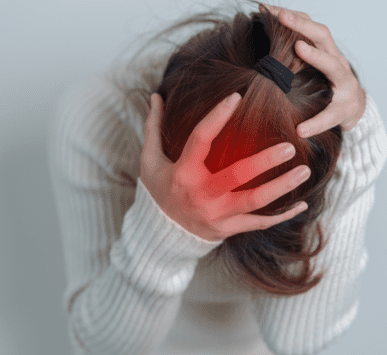
Due to the interrupted blood flow, brain stroke, commonly referred to as a stroke, affects brain function. It can be hemorrhagic (bleeding) or ischemic (blockage).
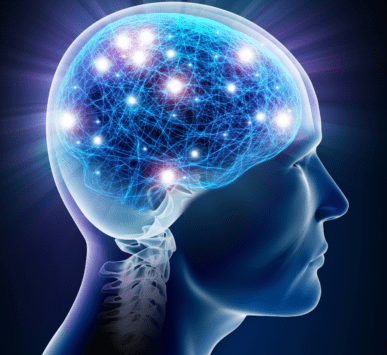
A dangerous condition referred to as an intracerebral hemorrhage occurs when blood leaks directly into brain tissue, often due to trauma, hypertension, or vascular abnormalities.
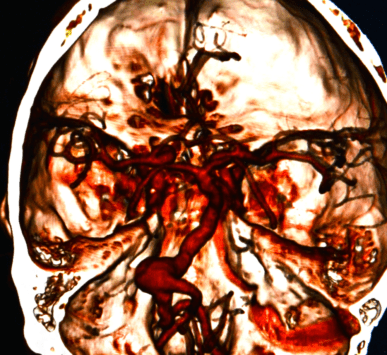
An aneurysm is a bulging of a blood vessel wall caused by a weak point and can be located in the aorta or brain, it may burst and thereby lead to potentially fatal bleeding.

A TIA is a mini-stroke when an intermittent clot briefly blocks the blood flow to the brain. Its symptoms are those of a stroke but disappear within 24 hours.
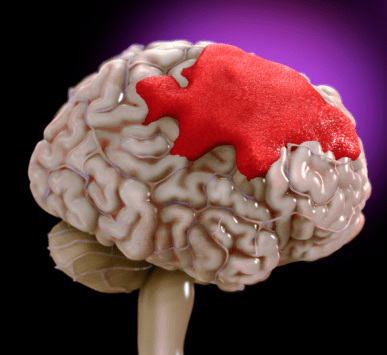
There is one type of stroke that results from internal bleeding in the brain, and it is referred to as a brain hemorrhage. t is usually caused by the bursting of a blood vessel
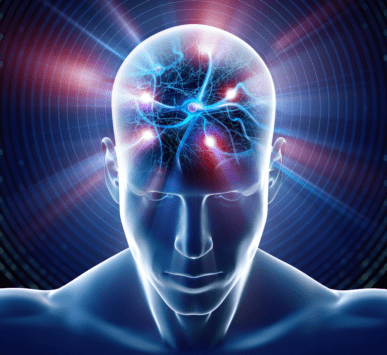
Stroke occurs when part of the blood supply to the brain is cut off, resulting in cell damage. It may be hemorrhagic (bleeding) or ischemic (clot).

Persistent head pain or throbbing migraines can disrupt life, often triggered by stress, hormonal shifts, or environmental factors.

Excessive worry or fear interferes with daily activities and may be accompanied by physical symptoms like a rapid heartbeat.

Sleep problems, including insomnia or disrupted rest, stem from stress, habits, or health issues, reducing energy and impacting overall health.

Sciatica causes sharp, radiating pain from the lower back to the legs due to sciatic nerve compression, reducing mobility and causing discomfort.